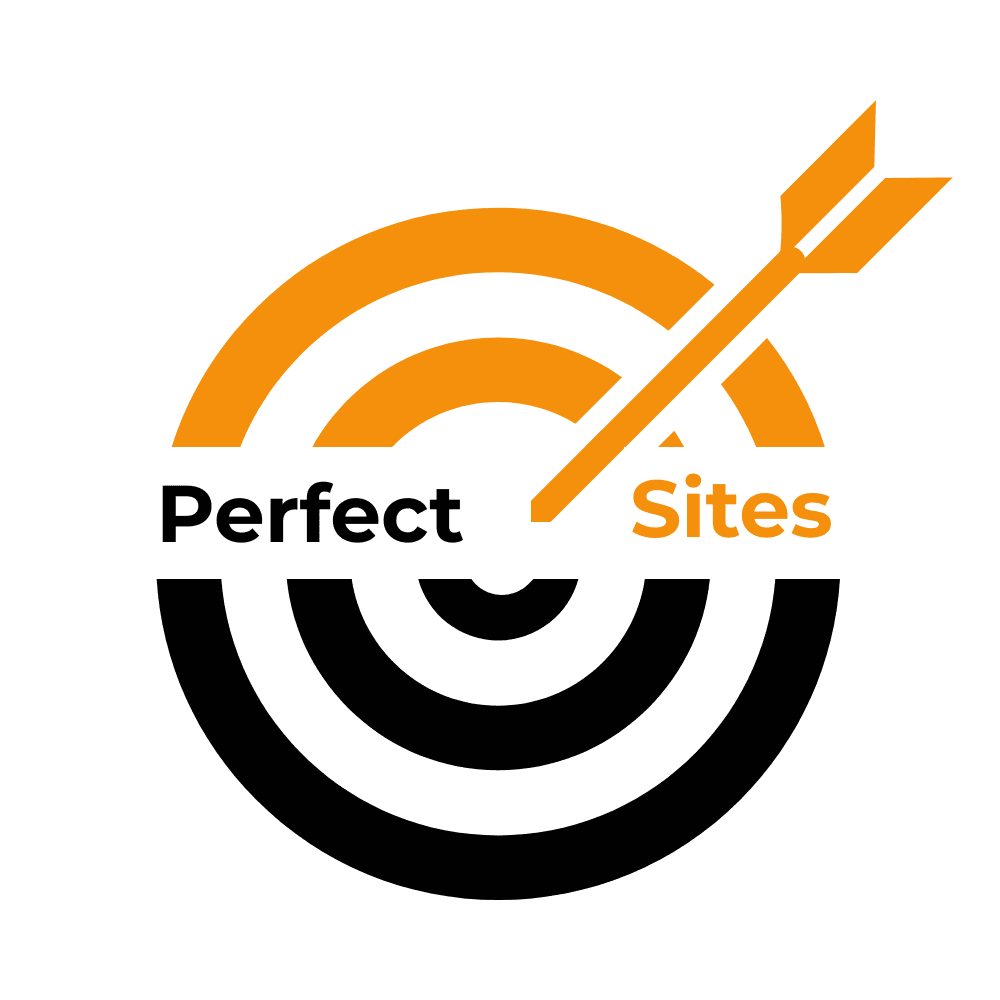You know that moment when you Google “pizza near me,” and three places pop up with stars, photos, and a little map? That’s the Local Pack. And whether you’re hungry or just hangry, chances are you’ll click one of those top three. That’s exactly why local businesses obsess over showing up there. It’s digital real estate with a line out the door. But how does Google decide who gets that prime spot? Spoiler: it’s not magic, and it’s definitely not alphabetical.
Let’s break it down.
Relevance: Google’s version of “Do you even go
here?”
At its core, Google wants to match the right business to the right search. Relevance is about how closely your business profile matches what someone’s looking for. If someone types in “24-hour locksmith,” and your profile says “custom key art installations,” you’re probably not making the cut.
Google pulls this info from your Google Business Profile, formerly known as Google My Business, back when names still made sense. It looks at your business name, categories, services, description, and even those little checkboxes like “wheelchair accessible” or “free Wi-Fi.” The more specific and accurate your profile, the better Google understands what you actually do.
Want to go a step further? Structured data on your website, like schema markup, helps Google connect the dots between your site and your services.
Distance: The one thing you can’t fake.
Distance is pretty straightforward. If someone’s searching from downtown Austin, Google’s not going to show them a taco truck in El Paso. It uses either the searcher’s current location or whatever location they typed in to figure out what’s nearby.
Now, you can’t pick up your business and move it closer to every customer, but you can make sure your address is accurate everywhere online. That includes Yelp, Bing Places, Apple Maps, and anywhere else your business is listed. NAP consistency—Name, Address, Phone number—is one of those boring but critical details that tells Google you’re legit.
Prominence: The popularity contest you can actually win.
This is where things get interesting. Prominence is Google’s way of measuring how well-known and trusted your business is; and yes, it’s a bit of a popularity contest, but one you can participate in.
Start with reviews. Google pays attention to how many you have, how recent they are, and how good they are. A business with 250 glowing reviews is going to look better than one with five lukewarm ones. But here’s the twist: responding to reviews matters too. It shows you’re paying attention.
Then there are citations, which are basically mentions of your business across the web. The more consistent and widespread those mentions are, the more authority Google assigns you. Backlinks from reputable sites help too. If the local news links to your bakery because your croissants caused a minor traffic jam, that’s gold.
And don’t forget your website. Localized content, like blog posts about neighborhood events or landing pages for each service area, helps Google understand your relevance and authority. Social media engagement may not be a confirmed ranking factor, but it feeds into the overall picture of whether people care about your business.
Learn more about these factors from Moz’s local search ranking guide.
Behavioral signals: Google’s watching what people actually do.
Here’s where things get a little sci-fi. Google doesn’t just look at your info; it watches how people interact with it. If users consistently click your listing, call your number, or ask for directions, Google takes that as a sign that your business is a good match. It’s like digital word of mouth.
Plus, with AI systems like BERT and MUM, Google’s getting better at understanding what people mean, not just what they type. So if someone searches “emergency vet open now,” it’s not just looking for those exact words. It’s trying to understand urgency, intent, and context. That’s why your content needs to speak directly to what people are actually looking for.
Your Google Business Profile: You’re not just filling out a listing. You’re building a living, breathing
storefront.
If you’ve claimed your profile and then ignored it for a year, we need to talk. Google likes businesses that keep things fresh. That means choosing the right primary and secondary categories, uploading current photos, posting updates, and enabling features like messaging or bookings.
Your business description should include relevant keywords, but don’t stuff it like a Thanksgiving turkey. Make it readable. Make it sound like you. And make sure it actually reflects what you do.
Tools that make this easier, because you have a business to run.
Managing all this manually can feel like juggling chainsaws. That’s where local SEO tools come in. Platforms like BrightLocal, Whitespark, and Moz Local help track citations, monitor reviews, and see how you’re ranking over time. It’s like having a dashboard for your local presence, and honestly, it saves you from spreadsheet-induced rage.
So who gets shown first?
It’s not random, and it’s not rigged. Google’s local rankings come down to three things: relevance, distance, and prominence. The algorithm weighs all of them, and the balance shifts depending on the search. A pizza place two blocks away with okay reviews might beat a famous one across town if someone’s hungry and in a hurry.
But here’s the thing. You can influence all of it, except location; and even that, you can work around with smart content and accurate listings. It’s not about gaming the system. It’s about showing up where people are looking, with the right info, a strong reputation, and a little bit of personality.
Because when 46 percent of all Google searches have local intent, showing up first isn’t just nice. It’s necessary.
That’s one more tool in the belt.
We’ll be back soon with more you can use.
Until then, keep building.
– Perfect Sites Blog

